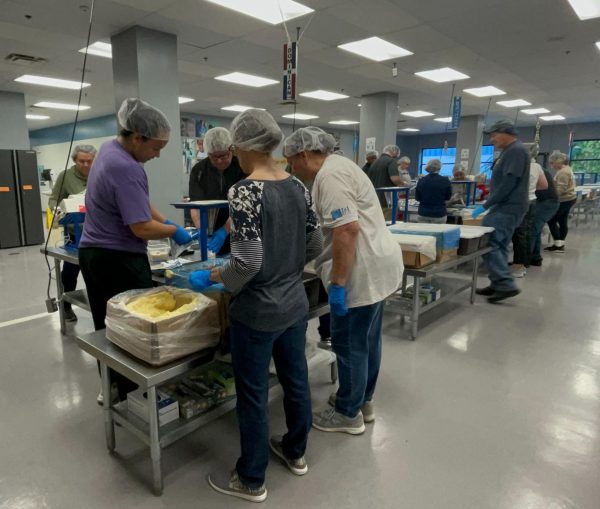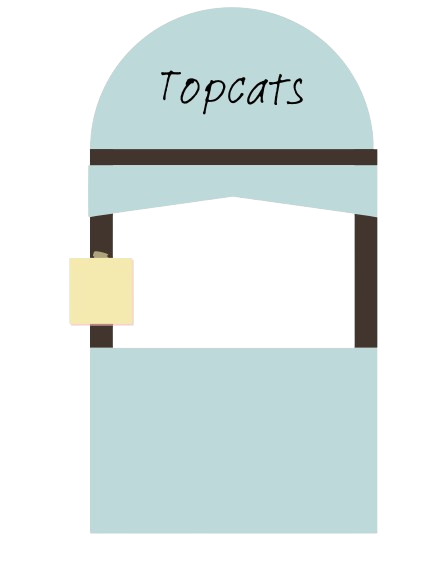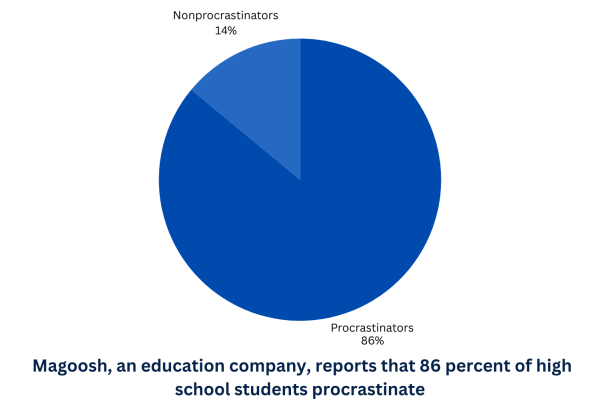Success: A Libertyville Standard

 Libertyville High School is known for its outstandingly competitive nature, and the Drops of Ink staff dug into the roots of this competition and the effect it has on students.
Libertyville High School is known for its outstandingly competitive nature, and the Drops of Ink staff dug into the roots of this competition and the effect it has on students.
The largest influencer of competition at LHS is the money surrounding our community. In the village of Libertyville, families have an average household income of $119,125, according to DataUSA.
With money comes opportunity. Most LHS students are aware of the school’s wealth but don’t recognize the boost it gives us in our learning. With so many factors aiding in our success, we can become blind to our personal achievements when we only compare ourselves to others with similar opportunities.
The school’s innovation rooms are a great example of a boost LHS students have over others. These rooms allow students to stay comfortable, which makes it easier for students to remain engaged in their work. Along with comfort, these rooms provide an abundance of technology, like touch-screen TVs that encourage collaboration between students.
Not only are we given a step up in high school, but we are provided with the resources needed to plan our post-high school lives. Our school’s wealth plays a significant role in the pressure students feel to attend college after high school. Since college is so expensive, the fact that most Libertyville families have the money to send their kids to college fuels students’ desire to attend one. In reality, there are so many options other than college, but it has become an expectation for LHS students.
Vocational and trade schools should be more emphasized as viable options for students post-graduation. This shouldn’t be presented with the idea that a student won’t get into or succeed in college. Instead, it should be associated with the concept that college debt is so significant while college is not the only path to take.
With college as a significant incentive for students to succeed in high school, this emphasis can take away from what high school is supposed to be. Instead of trying to figure out who we are and what we’re interested in, we’re trying to figure out the steps we need to take to get into our top college. Instead of searching for knowledge, we simply search for points that will boost our grades and possibly enhance our chances at college admission.
Another root of LHS’s competitiveness is its students. Blindly comparing grades without thinking about someone’s personal experience in a class further deepens the competitive nature. It’s important to take into account someone’s personal interests and academic ability when comparing scores. Whether purposeful or not, this frequent interaction can make someone feel bad about themself.
LHS students tend to have insanely high expectations for themselves. Here, students may view a “B” as a “bad grade” when in reality, a “C” is technically average. For someone to display their unhappiness with an above-average grade like a “B” can be degrading to students who get “B’s” and “C’s” and are okay with it or have to work hard to achieve those levels.
Being surrounded by academic excellence, it’s hard to see ourselves as above average. But, if we compared ourselves to other schools in our area, we’d find that LHS students outperform. According to NBC Chicago, LHS is ranked as number 66 on a list of the top 100 public high schools in the country based on academics, culture, diversity, health and safety.
Regarding athletics, though sports are competitive by nature, LHS manages to deepen the competition. There’s an unwritten expectation that if someone plays a sport, they’ll be excellent. And if a person plays only one sport, it’s expected that they are a star.
It’s impossible and unnecessary to eliminate competition altogether, but it’s important to keep in mind students’ mental health.
An important step LHS needs to take is to create a more supportive atmosphere. Understanding and expressing that every person is different and every person has different experiences, thoughts and abilities is vital to creating a more encouraging setting.













